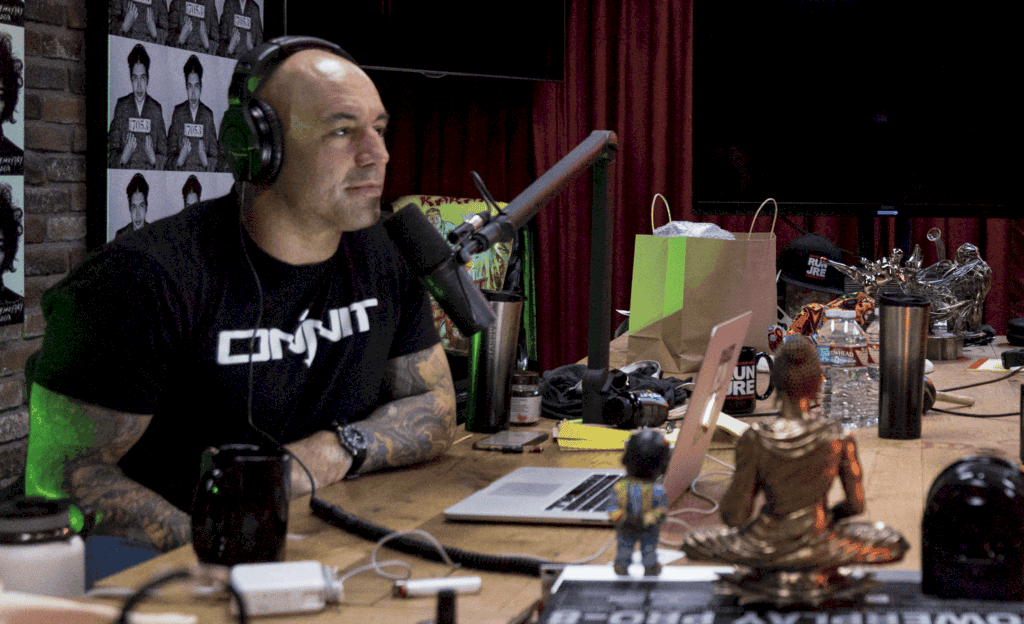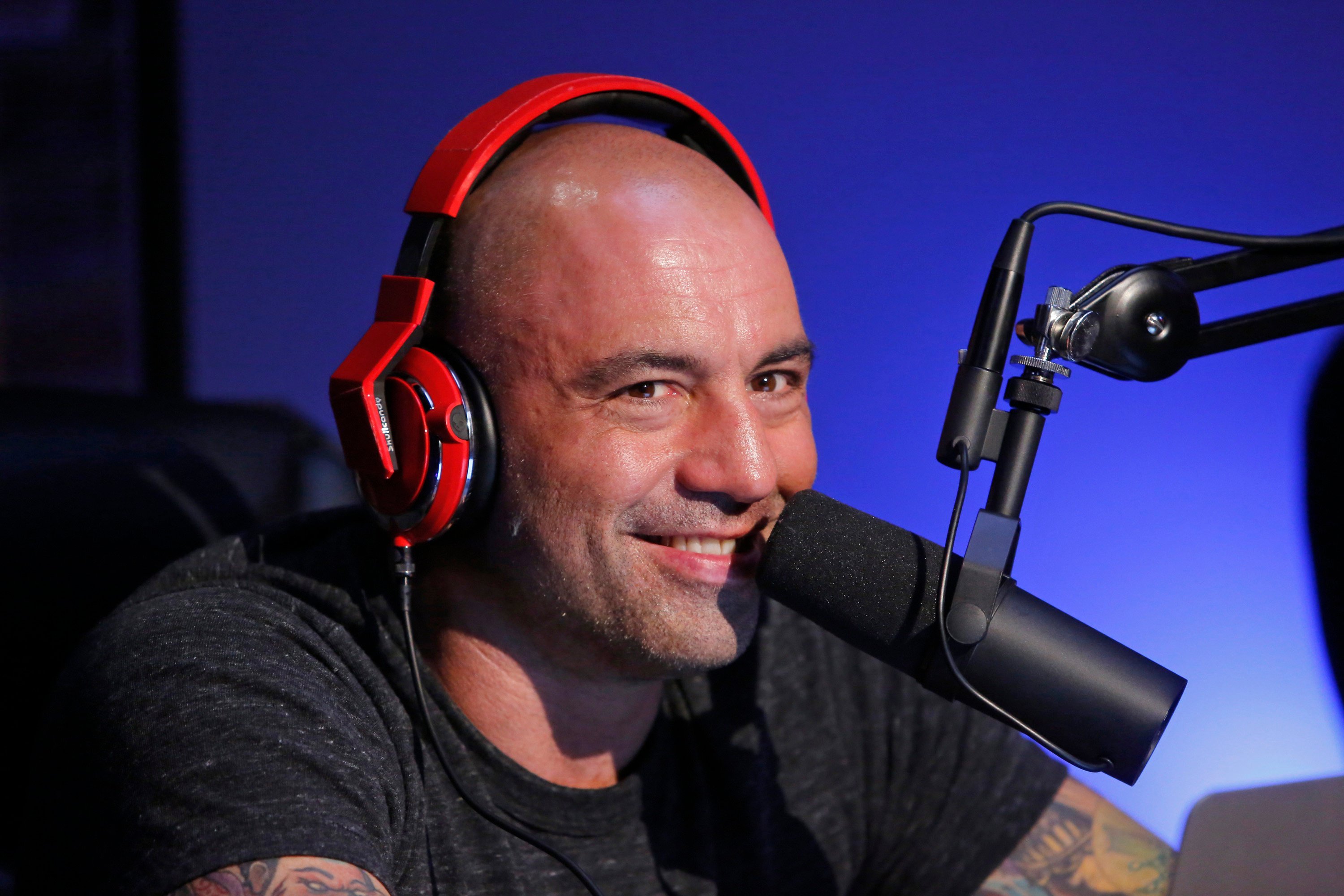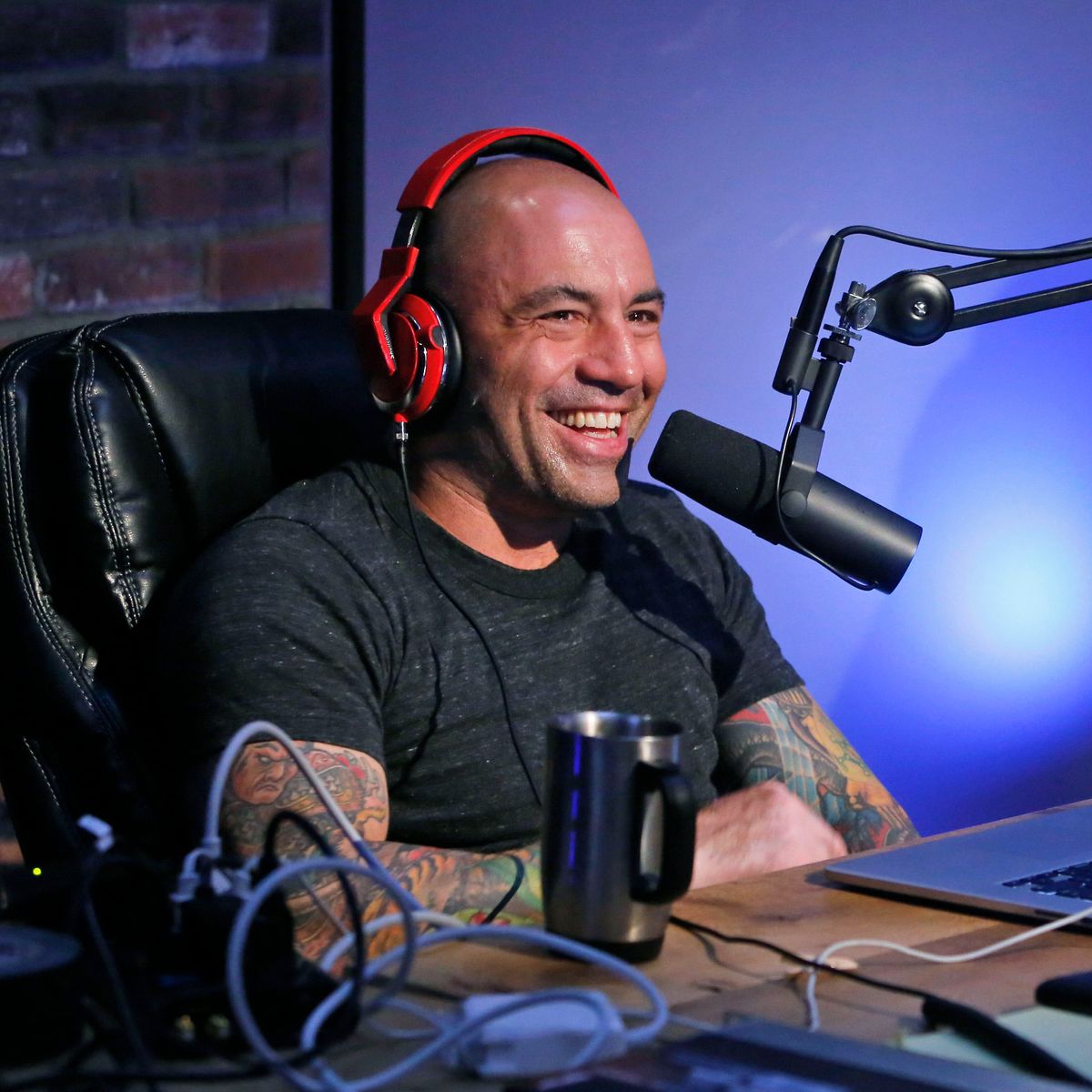Joe Rogan and the Zoo: Zookeeper Joe Rogan

Joe Rogan, the popular podcaster and comedian, has often expressed a deep fascination with animals and the natural world. This interest is evident in his numerous discussions about wildlife, conservation, and the intricacies of the animal kingdom on his podcast, “The Joe Rogan Experience.” Rogan’s conversations with experts in various fields, from zoologists to wildlife biologists, have brought these topics to a wide audience, fostering a greater appreciation for the wonders of the natural world.
Rogan’s Views on Animal Conservation
Rogan’s views on animal conservation have been shaped by his interactions with experts and his own personal observations. He has repeatedly emphasized the importance of protecting endangered species and preserving natural habitats. Rogan’s approach to conservation often emphasizes the interconnectedness of ecosystems and the need to understand the complex relationships between humans and the natural world. He has also expressed concern about the impact of human activities, such as deforestation and pollution, on animal populations.
Rogan’s perspectives on animal conservation have drawn comparisons to those of prominent figures in the animal rights movement. While Rogan supports efforts to protect animals from cruelty and exploitation, he does not necessarily align with the more radical views of some animal rights activists. He has acknowledged the need for responsible animal management, particularly in contexts such as zoos and wildlife sanctuaries.
The Impact of Rogan’s Platform on Public Perceptions of Zoos, Zookeeper joe rogan
Joe Rogan’s platform has undoubtedly had a significant impact on public perceptions of zoos and animal welfare. His discussions with zoologists and wildlife experts have provided his audience with insights into the complexities of animal care and conservation efforts within zoological institutions. While Rogan has expressed skepticism about certain aspects of zookeeping, he has also acknowledged the role that zoos play in education, research, and conservation.
Rogan’s influence on public opinion regarding zoos is particularly notable in light of the ongoing debate about the ethics of keeping animals in captivity. His discussions have often challenged conventional views on zoos, prompting his audience to consider the potential benefits and drawbacks of such institutions. Rogan’s willingness to engage with diverse perspectives on this complex issue has contributed to a more nuanced public discourse on animal welfare and the role of zoos in modern society.
The Role of Zoos in Modern Society

Zoos have long been a source of entertainment and education, offering visitors a glimpse into the diverse world of animals. However, their role in modern society is increasingly being debated, with arguments both for and against their continued existence. This debate centers around the ethical implications of keeping animals in captivity, the educational value of zoos, and their contributions to conservation efforts.
Educational Value and Ethical Concerns
Zoos provide an invaluable platform for learning about animals and the natural world. They offer visitors, particularly children, the opportunity to observe animals from up close, fostering a sense of wonder and appreciation for biodiversity. Through educational programs, guided tours, and interactive exhibits, zoos can teach visitors about animal behavior, ecology, and conservation. However, critics argue that keeping animals in captivity, even in well-maintained facilities, is inherently unethical. They contend that zoos restrict animals’ natural behaviors, limit their social interactions, and expose them to the stress of confinement.
- Ethical Concerns: Proponents of zoos emphasize the importance of providing animals with enriched environments that mimic their natural habitats. They also highlight the role of zoos in rescuing and rehabilitating animals that have been injured or orphaned, providing them with a safe and secure environment. However, critics argue that even the most spacious and well-designed enclosures cannot fully replicate the complex social structures and ecological interactions that animals experience in the wild. They also express concerns about the welfare of animals that are bred in captivity for display purposes, arguing that such practices can lead to genetic abnormalities and a reduction in genetic diversity.
- Educational Value: Supporters of zoos emphasize their role in educating the public about conservation issues and promoting awareness of the threats facing wildlife. They argue that by providing engaging and interactive experiences, zoos can inspire visitors to become advocates for animal welfare and environmental protection. Additionally, zoos can contribute to scientific research by providing opportunities to study animal behavior and physiology in a controlled setting. However, critics argue that zoos can sometimes perpetuate misconceptions about animals, particularly by portraying them as docile and passive. They also contend that the focus on entertainment and spectacle can detract from the educational value of zoos, leading to a superficial understanding of animal welfare and conservation issues.
Joe Rogan’s Impact on the Conservation Conversation

Joe Rogan’s podcast, “The Joe Rogan Experience,” has become a cultural phenomenon, attracting millions of listeners with its wide-ranging discussions on various topics, including science, philosophy, and current events. Rogan’s unique blend of humor, intellectual curiosity, and willingness to explore unconventional perspectives has made him a powerful voice in the public sphere. This influence extends to the realm of wildlife and conservation, where Rogan’s platform has both promoted and challenged traditional approaches to environmentalism.
Rogan’s Influence on Public Discourse on Wildlife and Conservation
Rogan’s podcast has provided a platform for a diverse range of conservationists, scientists, and experts to share their perspectives on pressing environmental issues. His willingness to engage in open and sometimes controversial discussions has helped to broaden the public’s understanding of complex conservation challenges.
- Increased Awareness: Rogan’s podcast has introduced a wider audience to the importance of wildlife conservation and the threats facing endangered species. By featuring experts like Jane Goodall, Dr. Neil deGrasse Tyson, and Dr. Elizabeth Kolbert, Rogan has brought critical issues to the forefront of public consciousness.
- Diverse Perspectives: Rogan’s podcast has been praised for its willingness to explore alternative perspectives on conservation. For example, he has hosted discussions with individuals who challenge traditional conservation approaches, such as those advocating for a more “hands-off” approach to wildlife management. This has sparked debate and encouraged critical thinking about the effectiveness of different conservation strategies.
Rogan’s Promotion and Challenge of Traditional Conservation Approaches
Rogan’s influence on conservation discourse has been multifaceted, with both positive and potentially negative implications. While he has promoted awareness of critical environmental issues, he has also been criticized for his stance on certain conservation practices.
- Support for Conservation Efforts: Rogan has used his platform to promote conservation organizations and initiatives. For instance, he has interviewed individuals involved in wildlife rescue and rehabilitation, raising awareness of the critical role these organizations play in protecting vulnerable species.
- Questioning Traditional Practices: Rogan has also expressed skepticism about certain traditional conservation approaches, particularly those that involve human intervention in wildlife populations. He has questioned the effectiveness of captive breeding programs and the use of certain conservation tools, such as hunting regulations. This has sparked debate about the role of human intervention in wildlife management and the need for evidence-based conservation practices.
Zookeeper Joe Rogan, with his infectious enthusiasm and deep knowledge of the animal kingdom, reminds me of another lovable, quirky character: Uncle Buck, the free-spirited and chaotic heart of the Uncle Buck TV show. Both Joe and Uncle Buck bring a unique brand of humor and warmth to their respective roles, making us laugh and learn along the way.
While Joe might not be quite as mischievous as Uncle Buck, they both share a genuine love for the world around them, reminding us to appreciate the simple joys in life.
Joe Rogan’s “Zookeeper” might not be a blockbuster hit, but it’s got a certain charm. It’s almost like a comedic version of “The Lion King,” but with a touch of “Adam Sandler Hurley,” adam sandler hurley , that goofy, endearing energy that makes you laugh even when you know it’s ridiculous.
In a way, “Zookeeper” is a testament to Rogan’s versatility, showing that he can handle a variety of comedic styles.
